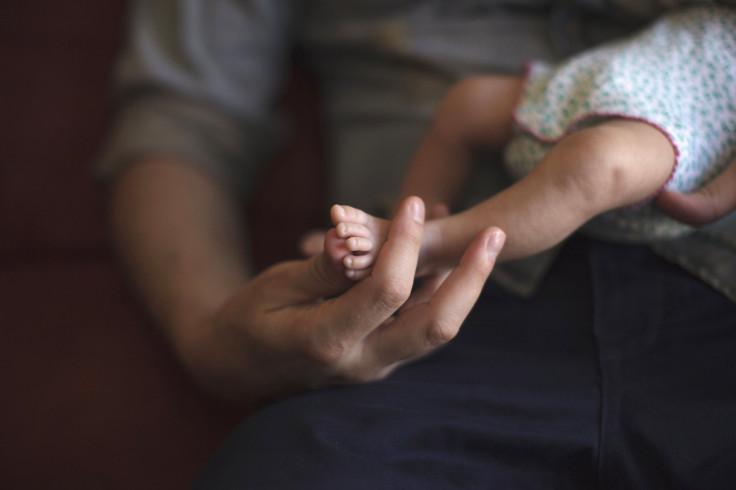Infertility Impacts The Lives Of Many Childhood Cancer Survivors, Who Find No Refuge In Adoption Policies

Negotiating an adoption, which commonly includes fees, applications, and criminal history checks, is a time-consuming and difficult process for most people. A new study finds the experiences of childhood cancer survivors may be worse since the policies set by adoption agencies limit their options. Based on these results, the researchers suggest trained oncology health care providers offer patients the necessary information to guide crucial decisions about the adoption process.
“Survivors may have questions about adoption and oncology nurses are in a good position to address these questions during survivor care,” Dr. Gwendolyn Quinn of the Moffitt Cancer Center in Tampa told Medical Daily in an email.
Just under half (46 percent) of male survivors and 16 percent of female survivors of childhood cancer — patients diagnosed before the age of 21 — report becoming infertile as a result of their treatment, a recent study finds. The American Society for Clinical Oncology, among other organizations, recommends options to preserve fertility, such as embryo, oocyte, and sperm cryopreservation, should be discussed with all patients before treatment. Adoption, though, may be neglected during these conversations.
Meanwhile, an early study of 132 cancer survivors found that 63 percent of female and 66 percent of male survivors stated they would adopt if rendered infertile by their treatments.
Little is known about the rate at which cancer survivors successfully adopt a child or about their experiences in general during the adoption process. To remedy this, a research team led by Quinn along with Dr. Susan Vadaparampil, also of the Moffitt Center, designed a learning activity in which nurses contacted an adoption agency to learn more about the process for survivors.
Physician's Letter
“Oncology nurses are very involved in letting patients know their options at the time of treatment and also during survivorship,” Quinn said. “Considering adoption may be the fallback position for newly diagnosed patients who don’t wish to use fertility preservation, these patients should be aware of some of the barriers to adoption.”
Having identified an adoption agency (local, state, or international), the nurses conducted an interview using a semi-structured guide designed by the researchers. Following the interview, the nurses created a summary of responses distributed among these five categories: adoption costs; steps required for survivors seeking adoption; challenges for survivors seeking adoption; birth parents’ reservations; and planned institutional changes to increase adoption awareness. Finally, the research team examined and analyzed the responses and drew conclusions.
A total of 77 nurses across 15 states completed a summary. These study participants reported a range of adoption fees from a minimum of $3,000 to a high of $75,000. On average, 10 former cancer patients a year seek adoption services, they discovered, though not all centers tracked this information. A few agencies reported that an adoptive parent with a cancer history might be discouraging for a birth mother, but most reported the opposite — that birth mothers appreciated a parent who has overcome hardships.
Still, most of the nurses reported increased challenges for survivors. In particular, they identified the need for a physician’s letter stating the survivor had been cancer free for five-years as a significant obstacle.
This finding “exposes a discriminatory practice akin to restricting employment opportunities for people with disabilities before the passage of the Americans with Disabilities Act in 1990. Requiring the health histories of adopting parents, cancer survivors or not, may be a violation of the intent if not the spirit” of the ADA, the authors noted in their published study.
International adoptions had greater restrictions for prospective adoptive parents with a cancer history, the nurses found.
While some of these discoveries astonished the participants, one aspect of the learning activity caused no surprise. After conducting their interviews, the nurses reported an increased knowledge of adoption and cancer as well as an improved ability to educate patients concerning the realities of adoption policies.
Source: Quinn GP, Zebrack B, Sehovic I, et al. Adoption and cancer survivors: Findings from a learning activity for oncology nurses. Cancer. 2015.



























